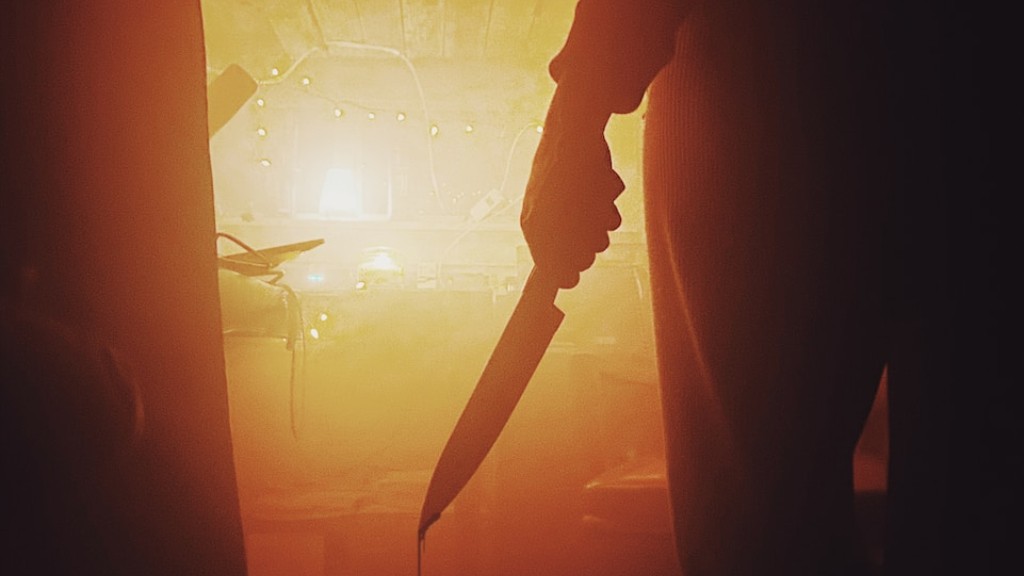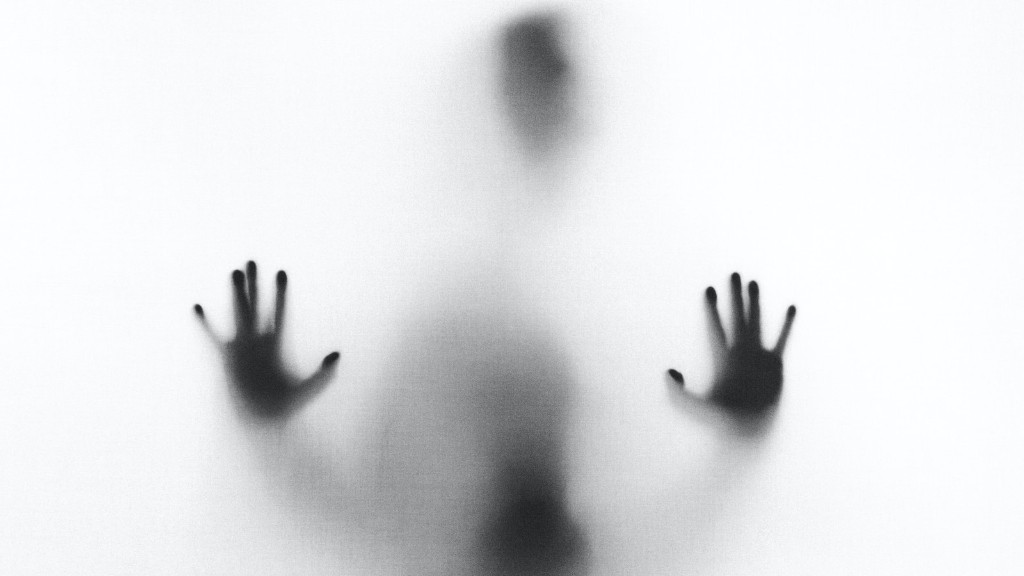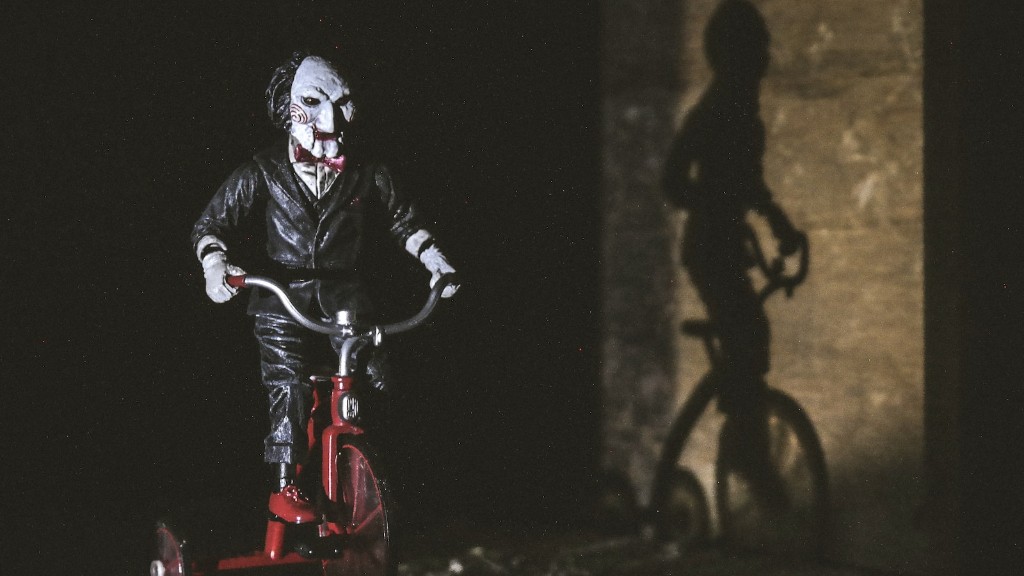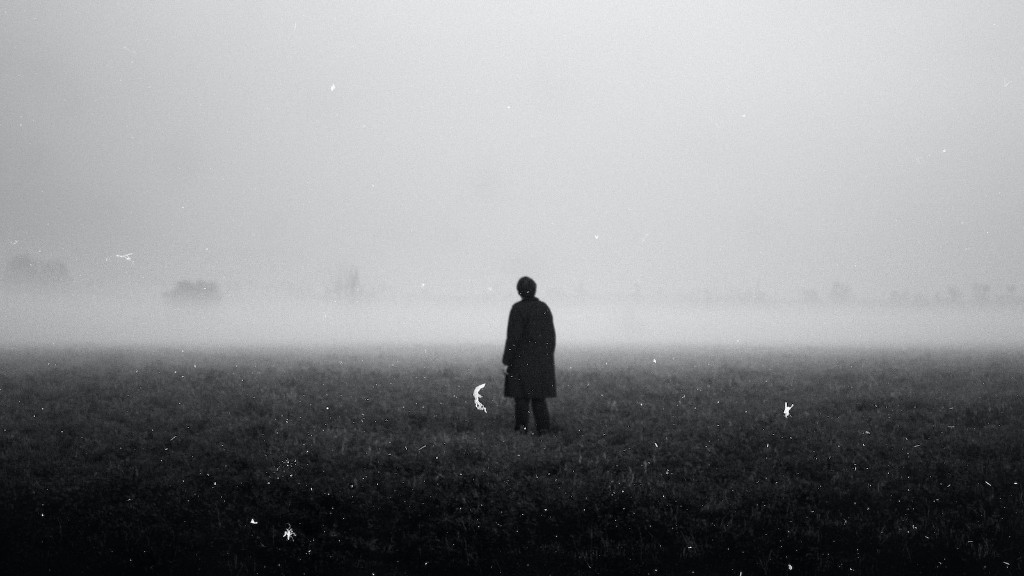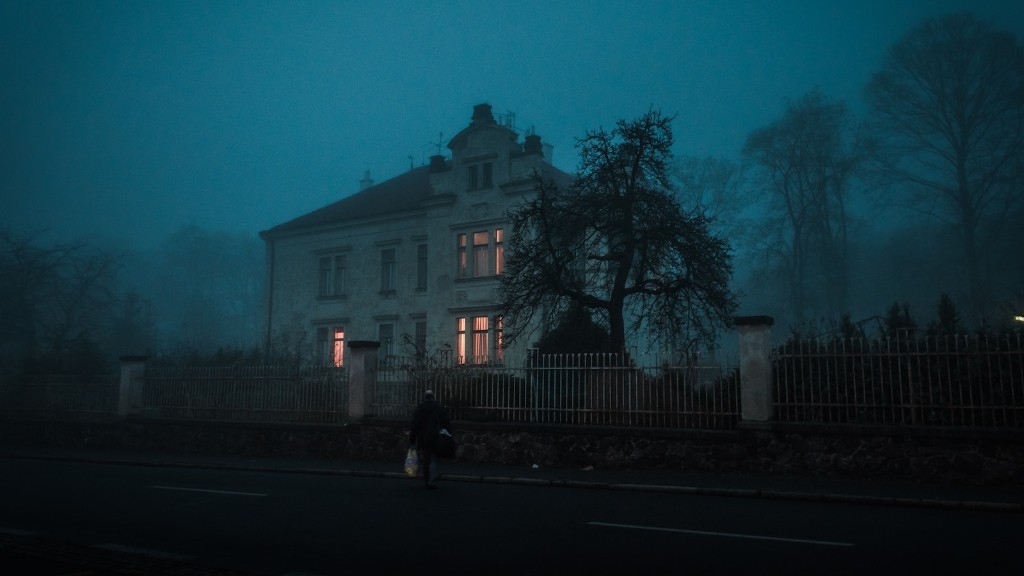Horror movies are designed to scare their viewers. But what exactly happens to your brain when you watch one?
Your brain is in charge of processing all the sensory information that comes in from your eyes, ears, and other senses. When you watch a horror movie, your brain is working overtime to process all the scary images and sounds.
Some people may have a stronger reaction to horror movies than others. This could be due to differences in the way their brains process information. People who are more sensitive to stress, for example, may have a harder time watching horror movies.
So, what happens to your brain during a horror movie? It really depends on the person. But one thing is for sure: your brain is working hard to process all the information it’s taking in.
When watching a horror movie, your brain is constantly trying to predict what is going to happen next. It is constantly processing the visual and auditory cues in the movie and looking for patterns. This cognitive processing increases your heart rate and blood pressure, and can lead to feelings of fear and anxiety.
What happens to your body when you watch a scary movie?
A scary movie can trigger our body’s fight-or-flight response, which can cause a major effect on our body. This response causes our body to release adrenaline, which can make us feel more alert and ready to face a perceived threat.
The amygdala is a small, almond-shaped region of the brain that is involved in processing emotions, including fear. Scary movies can bypass the conscious parts of the brain and tap directly into the amygdala, triggering the fight or flight response. This response is a natural, automatic reaction that occurs in response to a perceived threat. It is characterized by an increase in heart rate, blood pressure, and adrenaline. While the fight or flight response is beneficial in dangerous situations, it can also be triggered by less dangerous stimuli, such as a scary movie.
Does horror release dopamine
Horror entertainment can trigger the fight-or-flight response, which comes with a boost in adrenaline, endorphins, and dopamine. For viewers to enjoy watching horror movies, they must also be aware that they are in a safe environment.
The brain could be using the horrific situations on screen as a way to covertly simulate, or what is called “vicarious fear”. This has been happening since stories were first told, and is a way to transmit and learn.
Why do I feel weird after watching horror movies?
When we’re watching scary movies, our brains release adrenaline, which prepares our bodies for stressful situations. Our sympathetic nervous system responds to the threat and throws us into the “fight or flight” response. This response increases our heart rate and blood pressure, and it also divert blood away from our digestive system and into our muscles. This all happens so that we’ll be ready to face the threat.
While watching a scary movie, your heart rate and blood pressure increase, which can lead to an increased risk of heart attack. This is because your body is releasing adrenaline in response to the fear and excitement of the movie. If you have a heart condition, it is important to be cautious when watching scary movies and to speak with your doctor about any concerns.
What is the most traumatizing horror movie?
Hostel is a 2005 horror film directed by Eli Roth. The film follows a group of backpackers who are lured to a hostel in Slovakia, only to find themselves the victims of a sadistic game.
House of 1000 Corpses is a 2003 horror film directed by Rob Zombie. The film follows a group of teens who are stranded in a remote town, only to find themselves in the middle of a nightmarish experience.
Raw is a 2017 horror film directed by Julia Ducournau. The film follows a vegan student who, after being forced to eat meat, develops a taste for human flesh.
The Human Centipede II (Full Sequence) is a 2011 horror film directed by Tom Six. The film follows a man who becomes obsessed with the first film in the series and decides to create his own human centipede.
The Last House on the Left is a 1972 horror film directed by Wes Craven. The film follows a group of teens who are abducted and tortured by a group of criminals.
Strangeland is a 1998 horror film directed by Dee Snider. The film follows a teenager who is abducted by a man with a strange obsession with tattoos and body piercing.
The Woman is a 2011
Some research indicates that people with a higher sensation-seeking trait tend to seek out and enjoy horror-related experiences more. Those with a lower sensation-seeking trait may find those experiences unpleasant and avoid them.
Why is horror addicting
Horror is addictive because it gives people a rush of adrenaline. It is also exciting because it is full of suspense and sometimes has elements of the unknown. Furthermore, horror is fun to be scared because it pushes people to theirlimits.
Addiction to trauma is a real phenomenon that is tied up in biology. That is, when we view frightening films, they rev up the body’s sympathetic nervous system and induce stress and anxiety. For some people, the stress is a welcome thrill, and the payoff comes when the movie is over. However, for others, the anxiety and stress can become overwhelming, leading to true addiction. If you find yourself unable to stop watching scary movies despite the negative consequences, it’s important to seek help.
Why do people with anxiety enjoy horror?
Horror films can be a great way to help take your mind off of other things that might be worrying you. When you’re focused on the monster on the screen, it can help to stop you from ruminating on other things in your life. Of course, not all horror films are right for everyone, so be sure to choose one that you think you can handle.
Horror fans are a unique breed of people who enjoy feeling scared and suspenseful. They can be classified along three dimensions: Adrenaline Junkies, White Knucklers, and Dark Copers.
Adrenaline junkies get a mood boost from the intense experiences of horror. They enjoy feeling scared and suspenseful and often seek out scary movies, books, and games to get their fix.
White knucklers are people who enjoy the suspenseful aspects of horror, but don’t necessarily like feeling scared. They may read or watch horror for the suspenseful plot lines and twists, but don’t necessarily enjoy the gore and violence.
Dark copers are a newly-identified type of horror fan, who use horror to cope with problems like feelings of anxiety. They often find solace in horror movies, books, and games that allow them to confront their fears in a safe and controlled environment.
Can horror movies cause PTSD
PTSD symptoms are often triggered by exposure to media, television, movies, or pictures that remind the individual of their trauma. While PTSD can’t be caused by exposure to media, it can worsen symptoms and cause distress.
These are the scariest movies according to science. Insidious (2011), The Conjuring (2013), Hereditary (2018), Terrified (2017), It Follows (2014), Dashcam (2021), A Quiet Place II (2020), Paranormal Activity (2007) are some of the most scariest movies.
Do horror movies help with anxiety?
There are many benefits to watching scary movies, including the fact that it can help us feel more in control. When we are faced with fears that are undefined or out of our control, it can be very anxiety-inducing. However, when we watch a scary movie, we know the source of the fear and we have the control to turn it off at any time. This can help us feel more in control in our own lives and less anxious overall.
Personality traits and cognitive/affective traits that have been implicated in horror preference and/or enjoyment of horror include sensation seeking, empathy, theory of mind, need for affect, the dark tetrad, and personality. Other individual differences include age and sex.
Final Words
Horror movies can cause your brain to release stress hormones like adrenaline and cortisol. This can cause your heart rate and blood pressure to increase, and you may start to feel more anxious. Some people may also experience a sense of fear or anxiety after watching a horror movie.
Horror movies keep your brain alert and engaged by constantly providing new stimuli. This increase in brain activity can lead to a adrenaline rush, which can cause you to feel more alert and awake.
